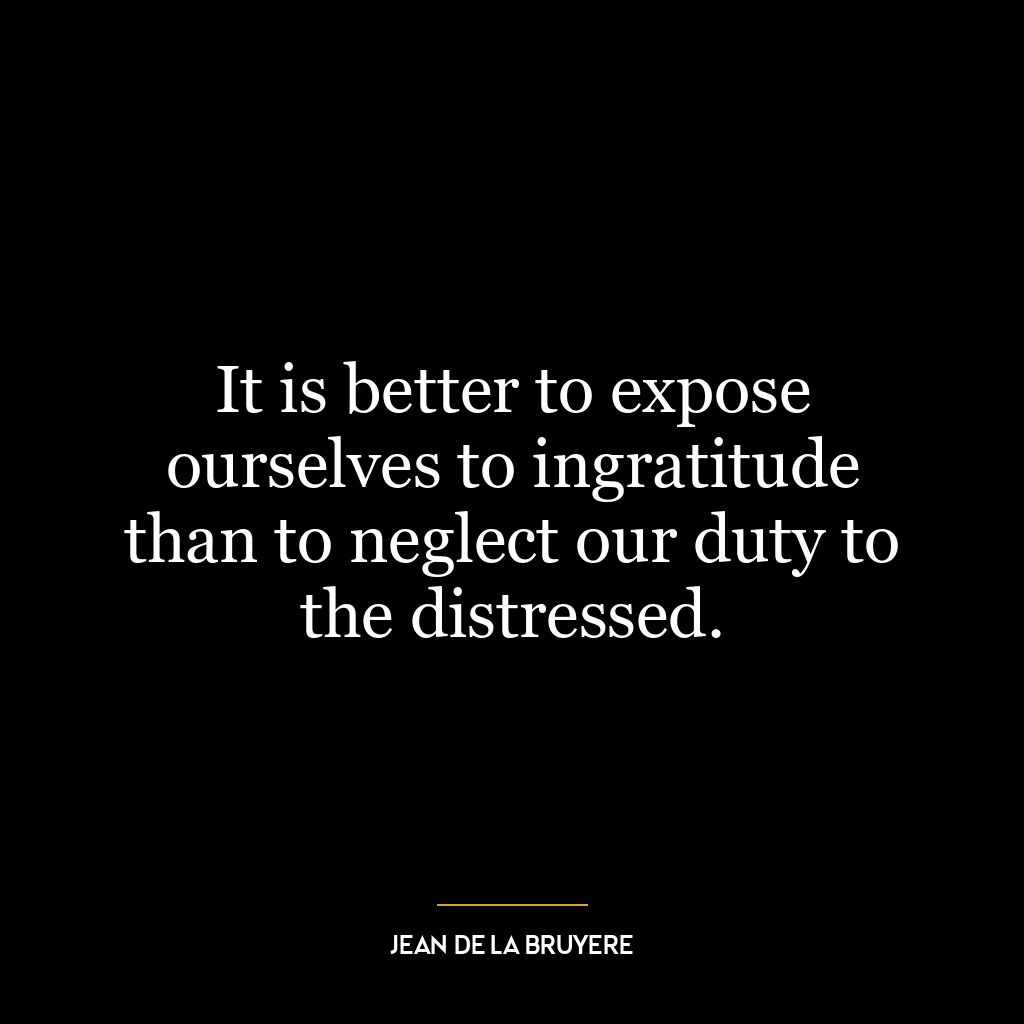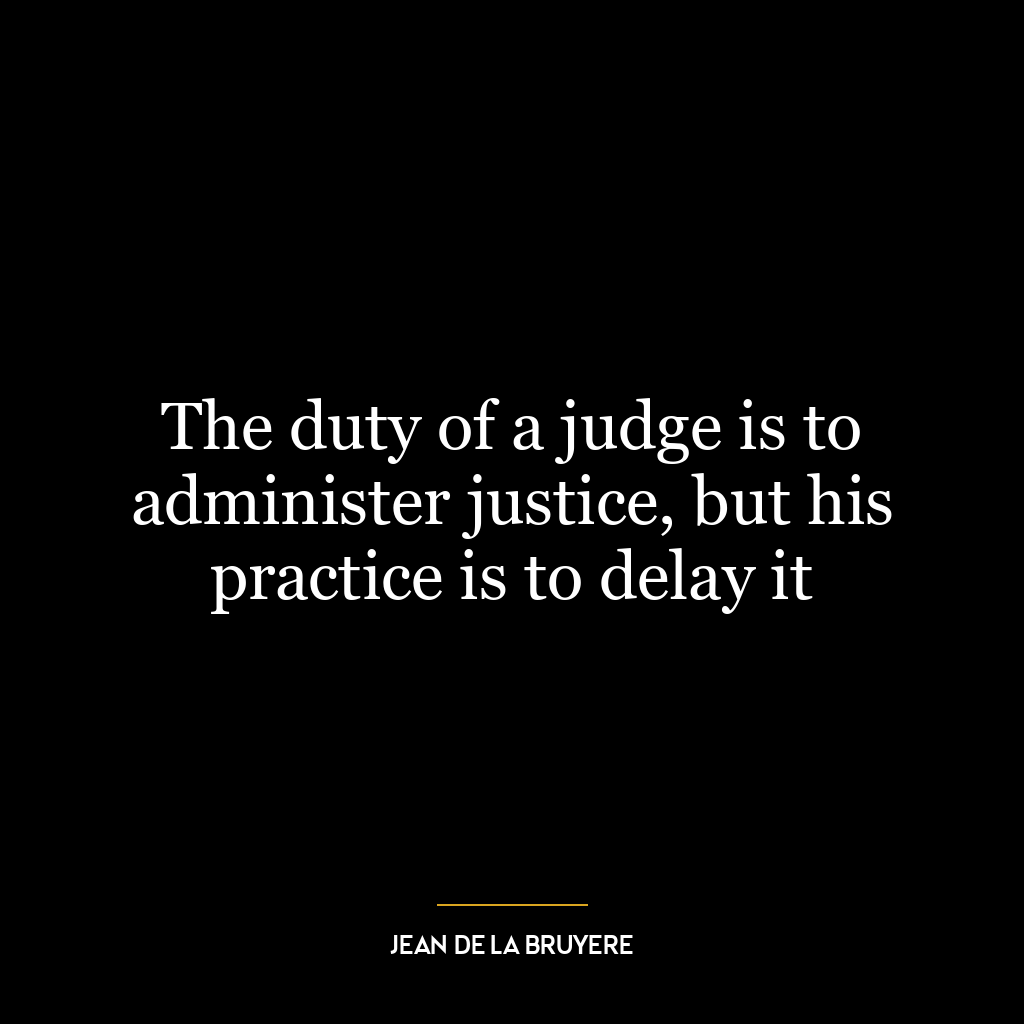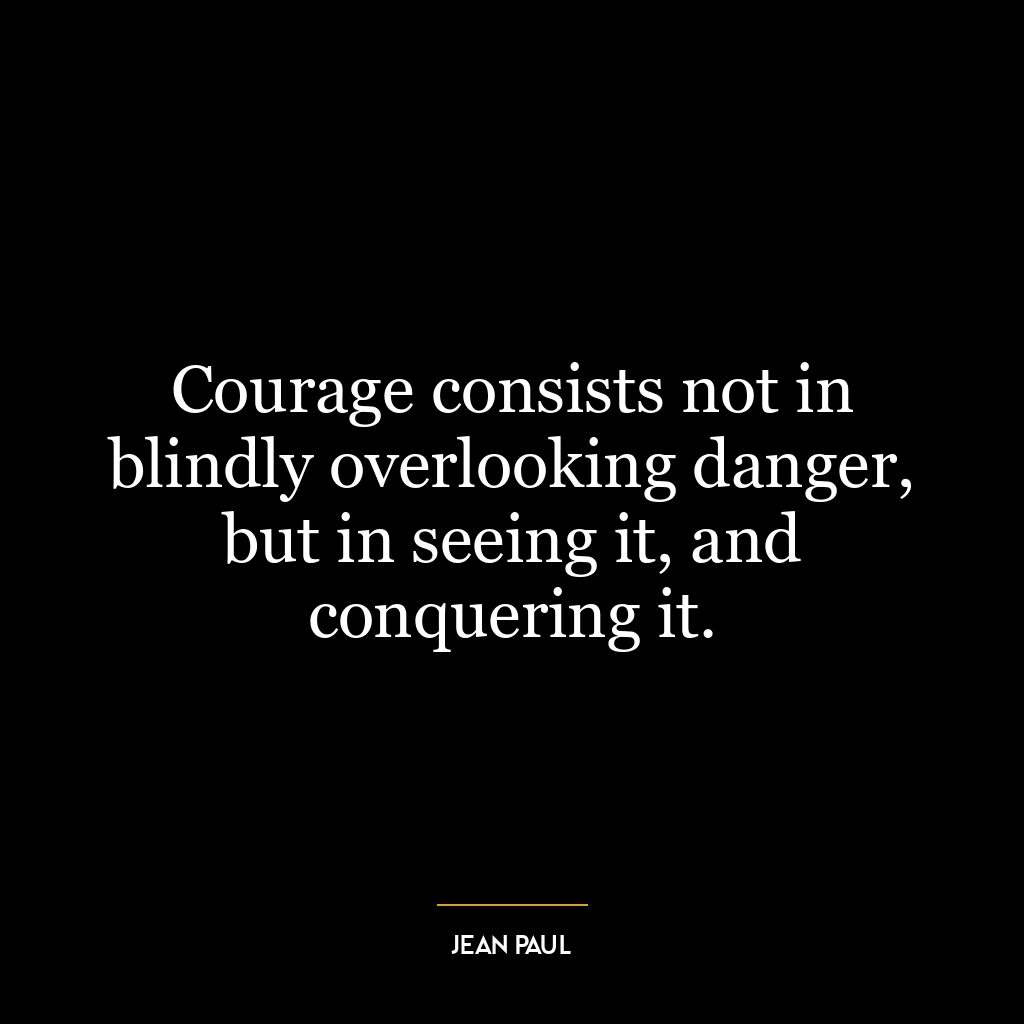Die in obeying commands like a soldier, and go to Nirvana, but no cowardice.
This quote exhorts us to face challenges and duties with bravery, much like a soldier who obeys commands without question. It calls for courage in the face of adversity, and endurance in fulfilling our responsibilities. The phrase “Die in obeying commands” signifies unwavering commitment to one’s duties, even if it means making great sacrifices or facing severe hardships.
The reference to “Nirvana” is a concept from Buddhism that symbolizes an ultimate state of enlightenment and liberation from worldly attachments and sufferings. In this context, it implies that such steadfast dedication towards our obligations can lead us towards personal growth, wisdom, and eventual freedom from all types of internal conflicts.
“No cowardice” further emphasizes the importance of courage. It encourages us not to back down when faced with difficult situations but rather confront them head-on.
In today’s world where constant change is the norm, this quote can be seen as a call for resilience and adaptability. Whether it’s dealing with personal struggles or tackling professional challenges, we’re often required to step out of our comfort zones. By adopting the soldier-like mindset suggested by Swami Vivekananda – that is being brave enough to take on tasks without fearing their outcome – we can grow stronger mentally and emotionally.
This idea also holds relevance in personal development as it promotes qualities such as determination, bravery, discipline – traits that are crucial for self-improvement. By pushing ourselves beyond perceived limitations (much like soldiers do), we learn more about our capabilities while also developing new skills along the way.
However, it’s important not just blindly follow orders like a soldier; critical thinking should still be employed when deciding which “commands” deserve such devotion or sacrifice.












